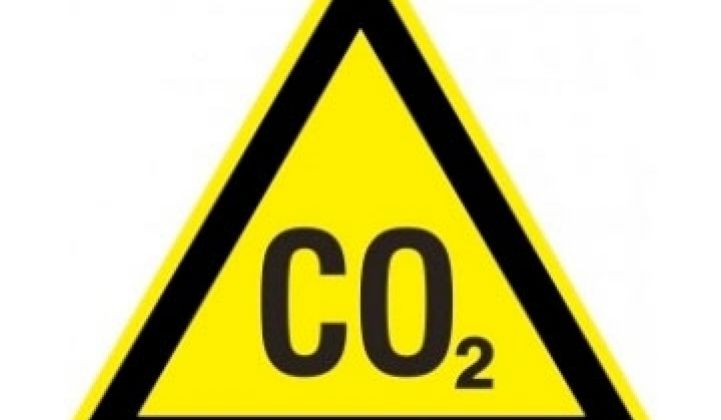Dr. Severin Borenstein is an outspoken economist and thought leader in carbon economics and energy matters. He serves as the Director of the University of California Energy Institute as well as in a number of other distinguished roles.
His talk at the CalCEF Angel Network monthly meeting was a viewpoint on cap-and-trade policy and its impact on Green House Gases (GHGs) and the price of oil, coal, and natural gas. He summed up his speech last night with these words: "What a downer."
For a bit of background on cap-and-trade you can go here. Note that there is already a market for GHG permits - The EU has been trading GHG permits for 4 years, RGGI in Eastern US is a carbon market and California has passed legislation in this regard.
But according to Borenstein, "There is a ticking time bomb under these cap-and-trade models. Most studies ignore the supply elasticity of fossil fuels." "Analysis to date hasn't focused on resource price change in response to cap-and-trade -- resource scarcity and price changes are likely to be central."
Here is the argument:
Pricing GHG permits at $30 per ton does not impact coal usage.
"If GHG permits are at $30 to $40 per ton - will that cut down coal production or oil production? The answer is almost certainly "no"" according to Borenstein.
He adds that, "At $60 per ton, coal usage goes down but the cost of coal actually gets cheaper. It's a pretty disturbing result."
According to Borenstein, it may take GHG permits priced at $80-$100 per ton to drive coal out of the market.
"You have to drive coal out of the market. You have to drive the price of coal down until it isn't worth mining anymore," adding "Or you drive the price of natural gas so high that it is not competitive with other renewable sources."
Strikingly for an economist, Borenstein essentially punted on the value of cap-and-trade - he abandoned the value of cap-and-trade and carbon taxes and suggested that the main instrument in reducing GHGs is going to have to be technological change. He added that we probably need more money channeled to energy R&D and that we need more technological "hail mary passes."
Here are some choice quotes from his speech:
- "The numbers we hear for tradable permits are substantially too low."
- "If you don't get China and India on board - none of this works."
- "None of the current technologies can compete with fossil fuels."
- "It's worse to subsidize Green than to tax Brown."
- "Subsidizing green power essentially taxes energy efficiency."
- "We're going to have to have higher prices to have any impact on GHGs."
- "None of this changes if you are talking taxes instead of cap-and-trade."
He concluded by saying that $80-$100 per ton GHG prices, whether by cap-and-trade or taxes, is "so politically unpalatable" that only a technological fix might work to lower GHGs.



